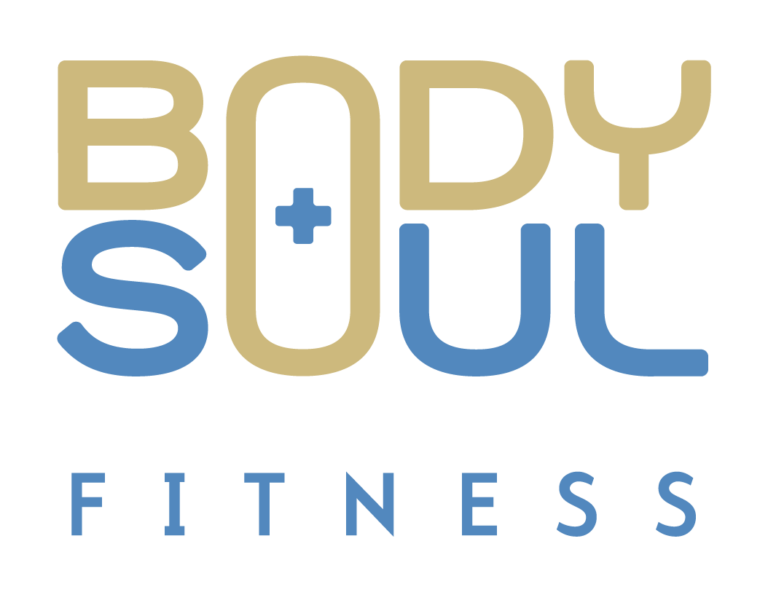Muscles are about 80% water. If you are consistently hydrated, your muscles are also hydrated. This improves their ability to recover from stress or injuries. Many physical therapists ask their patients about their hydration levels before starting treatment. If the patient is dehydrated, some therapists won’t work on the patient because they know they won’t get the best results. It’s more worthwhile for them to rehydrate and come back because their issues will be much easier to resolve
When we are exercising, we lose water at a faster rate from sweating and breathing harder. It’s important to minimize any chance for dehydration by properly hydrating ahead of time, during, and after exercise to replenish sweat loss.
There are a couple ways to make sure you are properly stay Hydrated while Working out. One method is a general guideline to follow and works well for most people. The other is more scientific but isn’t as practical.
The first method recommends you consume five to six hundred milliliters of water two to three hours before exercise, then continue drinking two to three hundred milliliters every ten to twenty minutes before and during exercise.
This is a good guideline for most people. If you are engaging in higher intensity training, in a hotter environment, or you just sweat a lot, then you may need a more customized approach. We would have you start by weighing yourself before exercising with no clothes on.
Perform your exercise routine and keep track of the volume of fluids you are drinking while you’re training. Immediately after training, weigh yourself again with your clothes off. Total sweat loss is the weight in water that you drank during your workout plus the difference between your pre and post workout body weight. You need to replace 150% of this loss within 2 hours of the end of your workout.
The water you drank during your session can count towards your replenishment. For example, if you calculated that you lost 1KG of weight from working out, you would need to consume 1.5L of water after your workout.
Another factor you need to consider for this calculation is if you urinate during your workout. If you did you would need to measure how much fluid you lost that way. This can be inconvenient so I would recommend going to the bathroom right before you train to avoid this issue.
The reason we want your nude weight is that your clothes will absorb and hold on to the sweat that your body has lost. So when you go to weigh yourself, you are not getting an accurate representation of how much sweat you have lost because the scale doesn’t see that your clothes are soggier and heavier than before you started exercising.
You don’t need to do this each time you train because once you have this measurement, you will have a pretty good idea of how much you sweat when you train, and how much water you will in turn need to replenish. Keep in mind that factors such as the environment and weather will change the rate that you sweat. You may want to perform this method again if your environmental conditions change.
Hydrating properly will allow for optimal performance while exercising, and by following the tips in this video you’ll perform at your best.
Chris introduces the importance of staying hydrated and the positive effects it can have on your energy, mental health, and momentum for your other health and fitness goals. He explores what you will learn, goals you will set and achieve throughout this 8-part hydration series.
Chris busts the 8 cups of water per day guideline and explores how much water you should be drinking on a daily basis.
Explore the importance of drinking steadily throughout your day to avoid chugging water. Chris will give you tips and tricks to drink water on a consistent basis to reach your daily water goals.
Does drinking filtered water really make much of a difference? Chris details some of the unwanted contaminants that exist in tap water and why filtered water is better for your digestion and health.
What are electrolytes and why are they important? Chris discusses how having proper electrolyte levels is critical to hydration. He also explores, among other things, how to add the optimal level of salt into your everyday diet.
Don’t like the taste of water? Discover a variety of ways to improve the taste of your water without sacrificing the health benefits of H2O.
Chris explores how exercise affects hydration, and vice versa. He explains the importance of staying hydrated while exercising, and various tips to follow to ensure your body retains enough water before, after and during a workout.
The final video in the hydration series. Chris concludes with a few motivating thoughts and tips to continue to progress your hydration journey!

